Resguardo Indígena Sokorhpa de la Serranía del Perijá, Colombia
Description
The Yukpa People are located in the north of Colombia in the mountainous massif of the Serranía del Perijá. One of their reservations is Sokorhpa, which has a population of approximately 3,700 people, represented by 15 communities and almost 600 families. This ICCA covers Tropical Dry Forest and Humid Forest ecosystems that are recognised by traditional authorities (yowatpurh) as part of the Yukpa People’s ancestral territory. In their territory, the spiritual and material living spaces (understood as Owaya) are identified, and from these spaces they obtain the resources that guarantee a good quality of life for the Yukpa inhabitants.
This ICCA registration had the support and accompaniment of the USAID Natural Wealth Program, within the framework of the project: "Strengthening the governance, conservation, food sovereignty, management and use of the Yukpa territory in the Sokorpa reservation, municipality of Becerril in the Serranía of the Perijá".
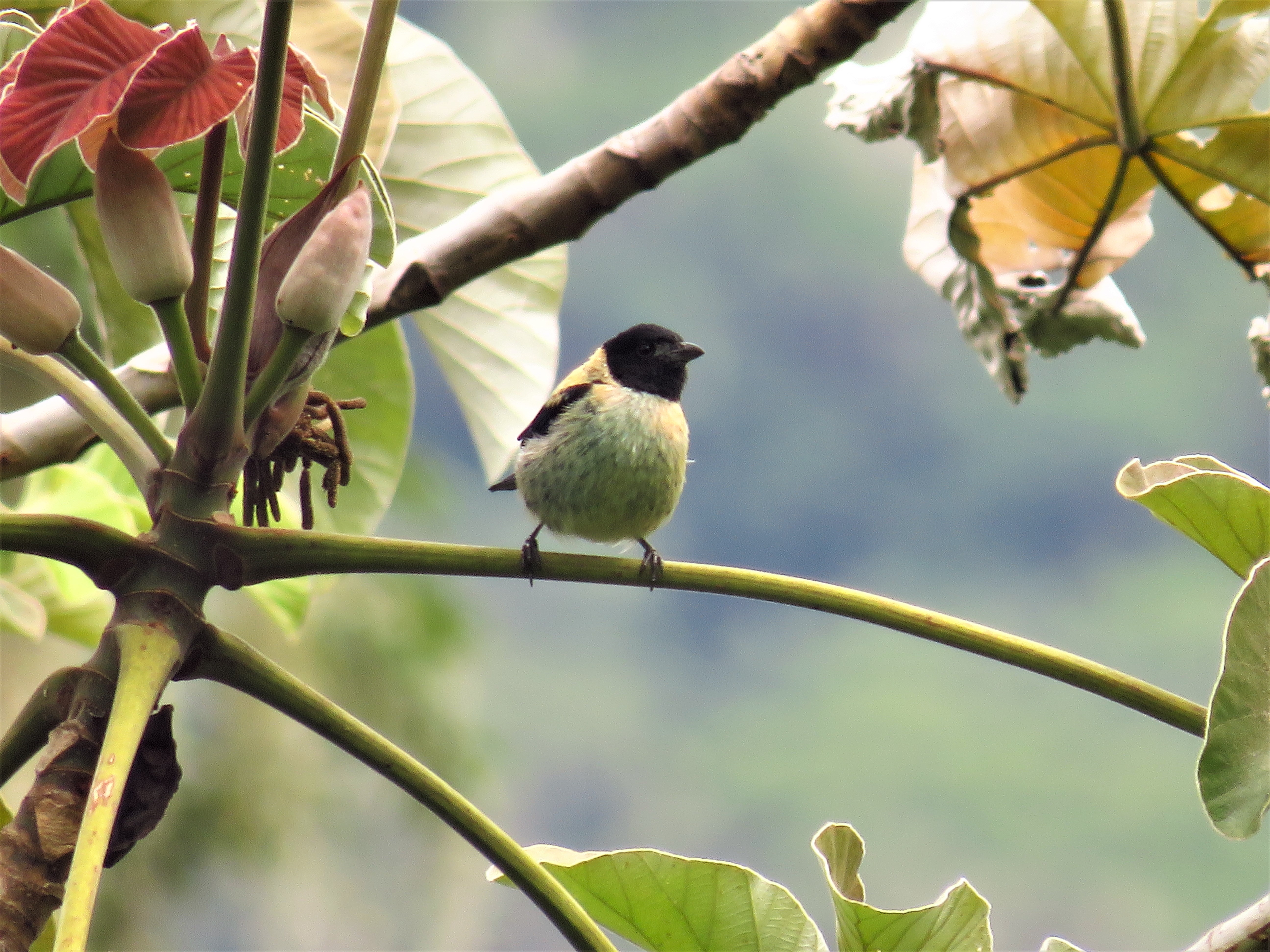
History and activities
This ICCA is an indigenous reservation that has existed since time immemorial, but is only a small part of the historical extent of the Yukpa people’s ancestral territory. Indigenous reservations are the collective property of the indigenous communities, in accordance with articles 63 and 329 of the Political Constitution. Indigenous reservations are a legal and socio-political institution of a special nature, made up of one or more indigenous communities who have a collective property title.
The main activities (of the Yukpa population) are based upon cultural practices that are aimed at the subsistence and preservation of the natural environment. They maintain a harmonious and respectful relationship with nature, relying on it for food, water, medicines, sacred plants and clean air. They also rely on nature’s spiritual force to keep their culture alive. The Yukpa territory is organised according to the traditional management of sacred spaces, and follows the cultural calendar. They practice ceremonies that guarantee a balance between the natural and spiritual aspects of the territory.
Water is precious and sacred to the Yukpa people. In Sokorhpa ICCA it comes from the Maracas River and all its tributaries. As well as providing a source of fish (through traditional fishing practices), the river acts as a physical boundary to the territory, protecting it against the exploitation of resources (such as extractive mining).
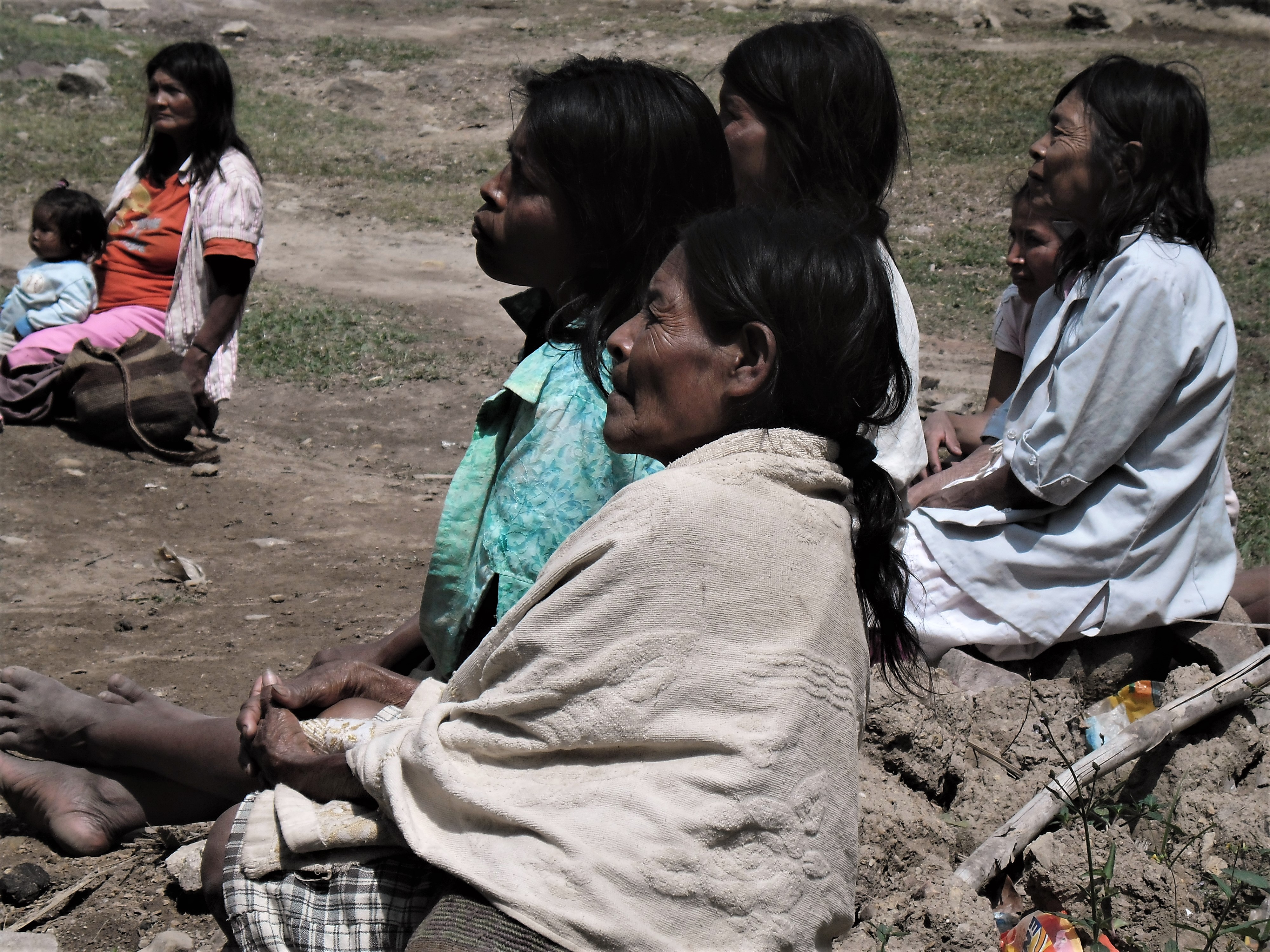
Conservation
The ICCA is protected by both the authorities and the community. It is a biocultural corridor that allows the conservation of natural resources and the protection of cultural diversity that the Yukpa people have protected and recovered in recent years. It is part of the great alliance to protect the tropical dry forest; one of the most threatened ecosystems in Colombia.
The dry forest is home to hundreds of birds (some of them endemic), reptiles and mammals, and a huge diversity of plants. The Yukpa people are compiling a bird brochure, which will allow them to recover the ancestral relationship that they have with these species. It will also enable them to promote nature tourism, allowing sustainable management according to the cultural practices of the Yukpa people.
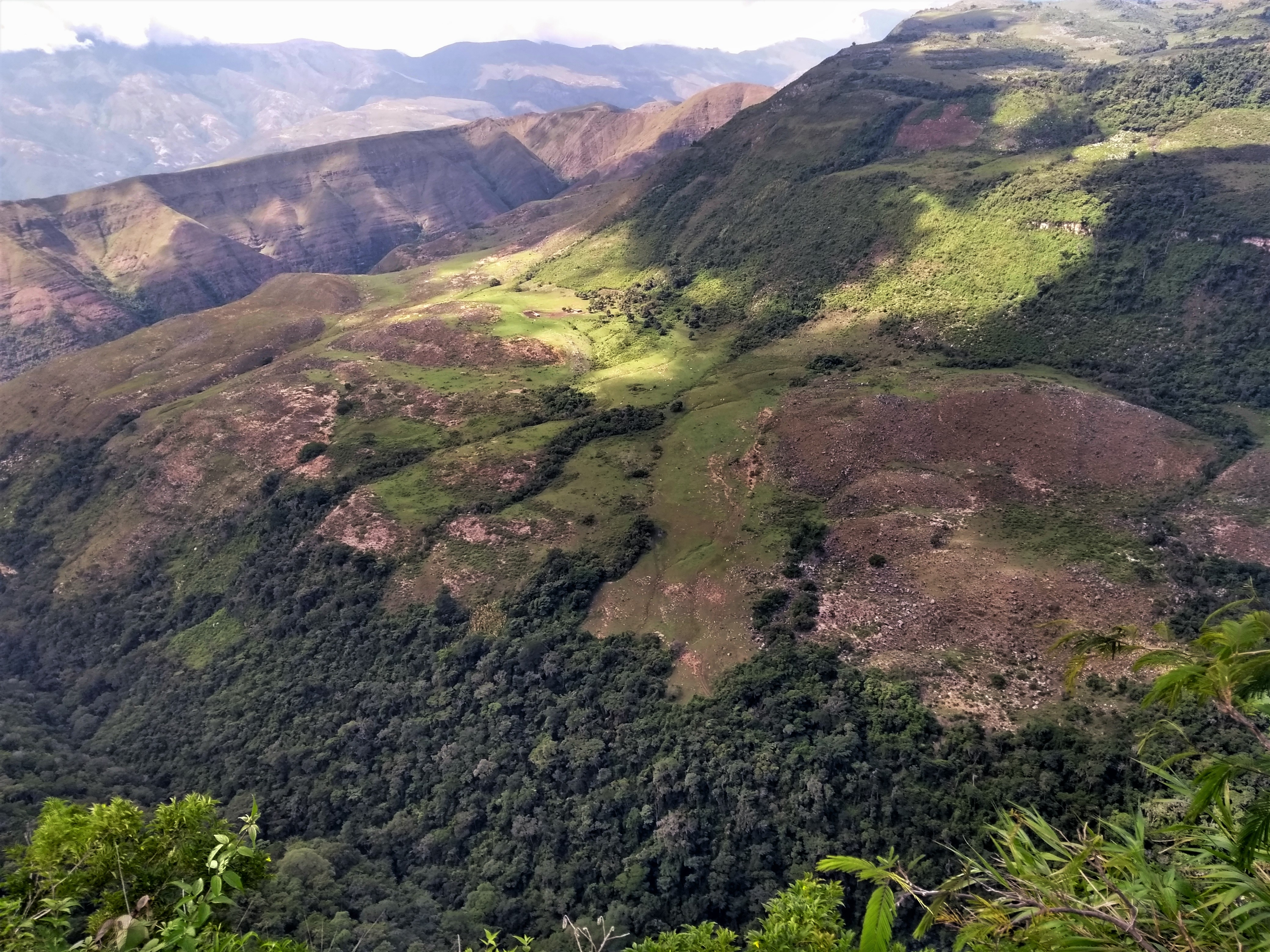
The ICCA itself, and the Yukpa territory more broadly face a number of threats. Mega-projects from transnational companies, the presence of armed groups, and the loss of cultural practices are identified by the community as threats to the conservation and management of the ICCA.
The efforts to defend and conserve the broader Yukpa territory have been ongoing for some time. The main threats that endanger the Yukpa territory include the decline of biodiversity and the effects of climate change (including increasingly prolonged droughts, longer rainy seasons, an increase in forest fires). Additional challenges include national laws, policies or practices that affect land management, as well as the delegitimisation of customary rights and the lack of appropriate recognition.
Management and governance
The ICCA management is based on cultural practices which are transmitted orally by traditional authorities, and passed down the generations. Community decisions are made through a governing body. The Yukpa people are represented by a traditional authority that is delegated to the General Assembly, where the most important decisions are made about the Yukpa territory. The General Assembly is made up of the authorities and communities of the Yukpa people only. For the Sokorhpa reservation specifically, it is made up of its traditional authorities from each of the fifteen communities that make it up.
The Yukpa vision is based on sustaining the territory. For this reason the traditional authorities have led processes of recovery and protection, as well as advocating the benefits that appropriate recognition can bring. A result of these processes was the protection of the ICCA and the associated suspension of mining through Sentence T-713 in 2017. This success created more awareness of the Yukpa people, their environment and the need to recognise and protect their territory.
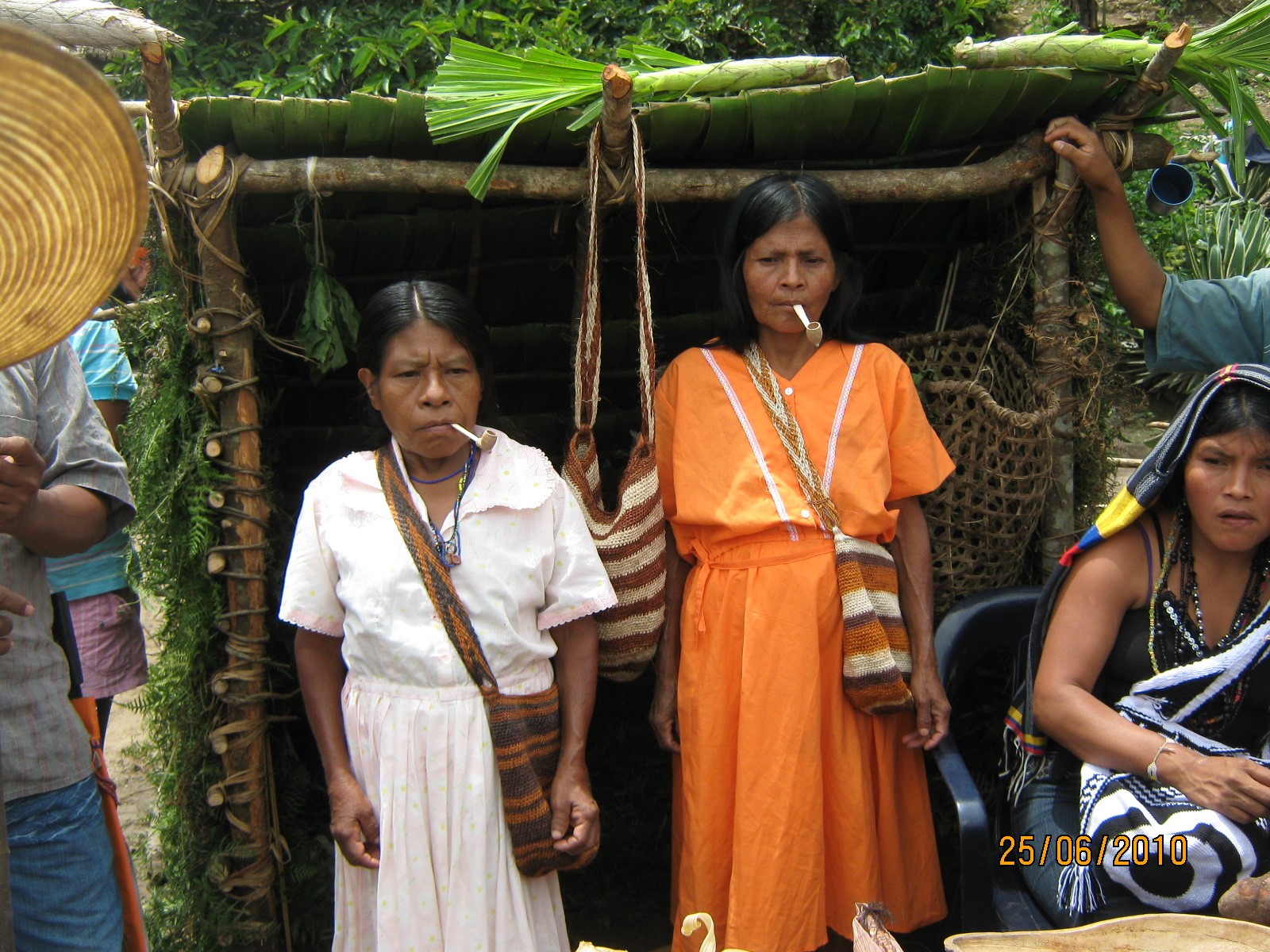
The Yukpa people want to consolidate the governance and management of the territory, based on the guidance of the traditional authorities. This process will allow progress to be made towards expansion and further protection of the ICCA. The plan is to strengthen this management through the ICCA definition, so that the new generations know their cultural identity, and pass it onto their children and grandchildren.
Next steps
The future of this ICCA lies in guaranteeing the cultural dynamics of the Yukpa people in the Sokorpha reservation. It also relies on maintaining the management and conservation of the wider territory and the ‘Law of Origin’. The Law of Origin is understood as the relationship between nature and man, and the fostering of this relationship in subsequent generations. It is also the political and cultural support by which the Yukpa people regulate all their behaviours.
The Yukpa people need support to help them maintain and improve the protection of their territory, as well as mitigate threats that put the protection of natural resources and the life of the Yukpa people at risk. They also require support to help them manage the planned expansion of the ICCA, as well as their manage their sustainable food production programs. The latter especially will secure food sovereignty and allow them to identify, lead and manage green business opportunities.
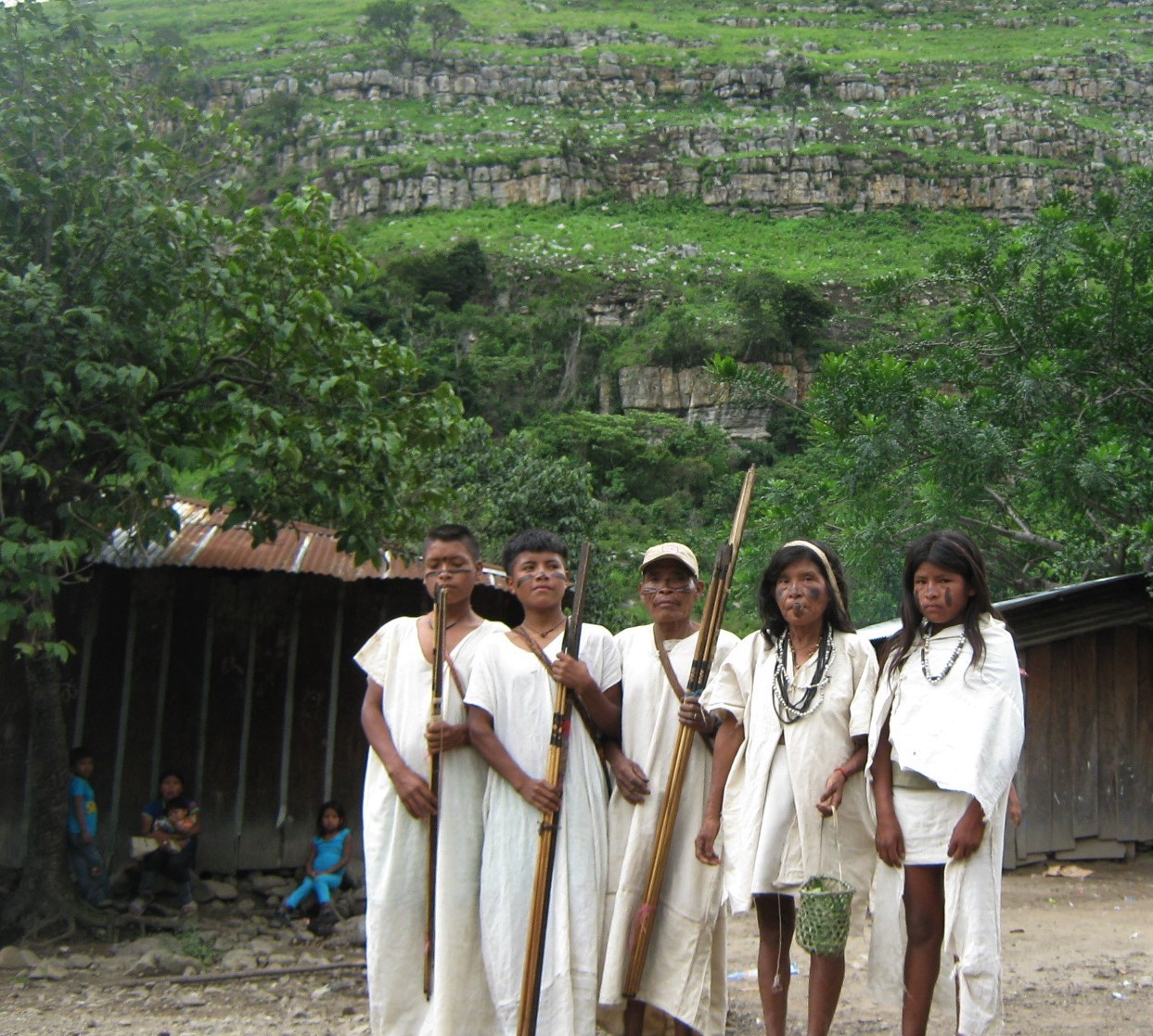
This case study was originally published by UNEP-WCMC in February 2021, and edited in January 2022. The content was provided by the custodians of this ICCA. The ICCA has been self-declared and has not yet been through a peer-review process to verify its status. More details on this process can be found here. The contents of this website do not necessarily reflect the views or policies of UN Environment Programme or WCMC